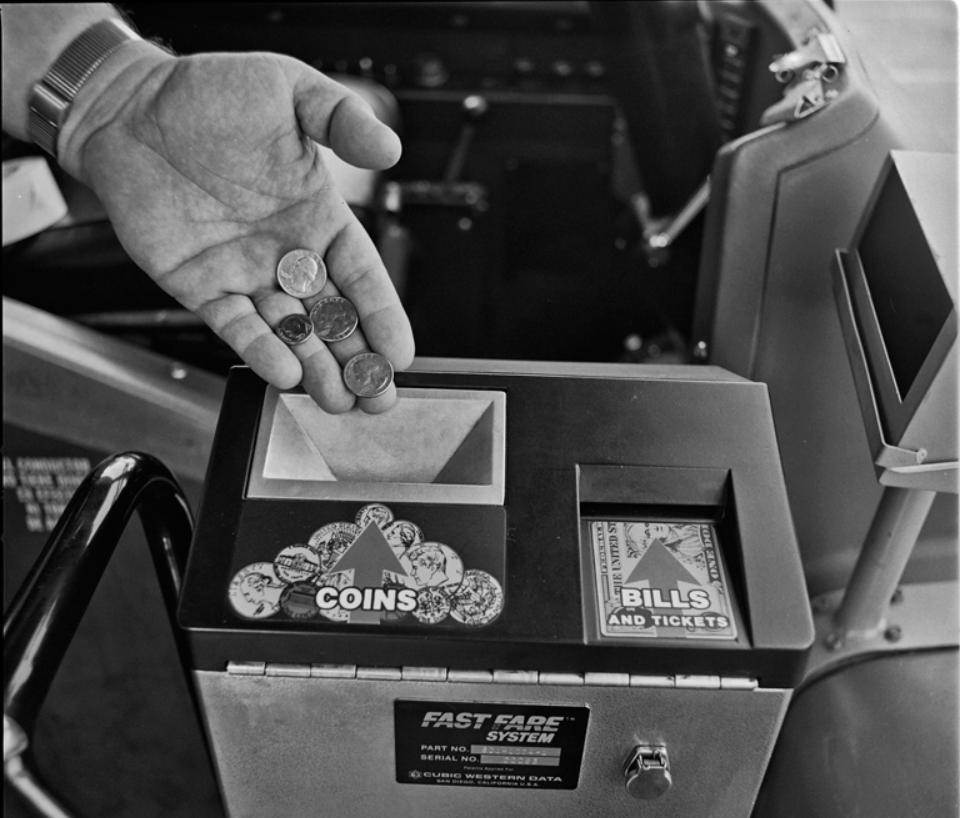- Many transit agencies are considering going fare-free after the pandemic, but no one has figured out who should pay it if riders aren't. (The American Prospect)
- Improving the busiest rail corridor in the U.S., between Boston and Washington, D.C., will cost an estimated $100 billion. Which once again raises the question: how do other countries build projects like this for a fraction of the price? (Motherboard)
- The federal government's failure to regulate autonomous vehicles allows states to treat drivers as unwilling guinea pigs. (Streetsblog)
- San Diego is revamping the car-centric Mira Mesa neighborhood by breaking it up into several higher-density, walkable villages with 90 miles of new bike lanes. (Union-Tribune)
- The Federal Transit Administration gave preliminary approval to bus rapid transit on Atlanta's Campbellton Road. (AJC)
- Charlotte is likely to choose a route for the Silver Line that skirts the northern edge of town, which would spur development but won't take as many people to their jobs. (WFAE)
- Downtown Hartford became a sea of surface parking after the 1960s that the city is now trying to redevelop. (CNU Public Square)
- Omaha officials think they can pay for a $350 million streetcar with taxes from new development along the line. (World-Herald)
- Detroit Mayor Mike Duggan will fund paratransit after the federal government said the city council's decision not to approve a contract was against the law. (Detroit News)
- Pedestrians make up an increasing number of Austin's traffic deaths (Monitor), but the good news is that crashes are down 30 percent at intersections that have undergone Vision Zero improvements (KXAN).
- These five bike routes will take you past some of Seattle's best holiday lights. (Seattle Times)
Stay in touch
Sign up for our free newsletter
More from Streetsblog USA
Tuesday’s Headlines Are a Little Bit Safer
Traffic deaths are down about 12 percent, which the National Safety Council attributes to new technology and infrastructure investments.
Could Refurbished E-Bikes Be the Secret Weapon of the Livable Streets Movement?
A high-quality used market could be the boost America needs to get would-be riders off the sidelines and into the saddle, a new report argues.
How the ‘Little Free Pantry’ Can Help Feed the Hungry Without Requiring Them to Drive
Researchers are trying to reduce the mobility barrier to food by bringing it directly to neighborhoods.
Exactly How Much It Cost to Build the Average Parking Space In Your City
For new apartments, the research found that building required parking adds roughly $50,000 to $100,000 per unit, and disproportionately increases the cost to build smaller apartments.
Monday’s Headlines Took the Keys Away
A demographic disaster is coming as a generation of aging suburbanites become either dangerous drivers or trapped in their homes.
Why Anti-Trans Laws Are Terrible For Transportation, Too
A disturbing new Kansas law revokes trans people's driver's licenses. Here's how it will make our communities more dangerous.






